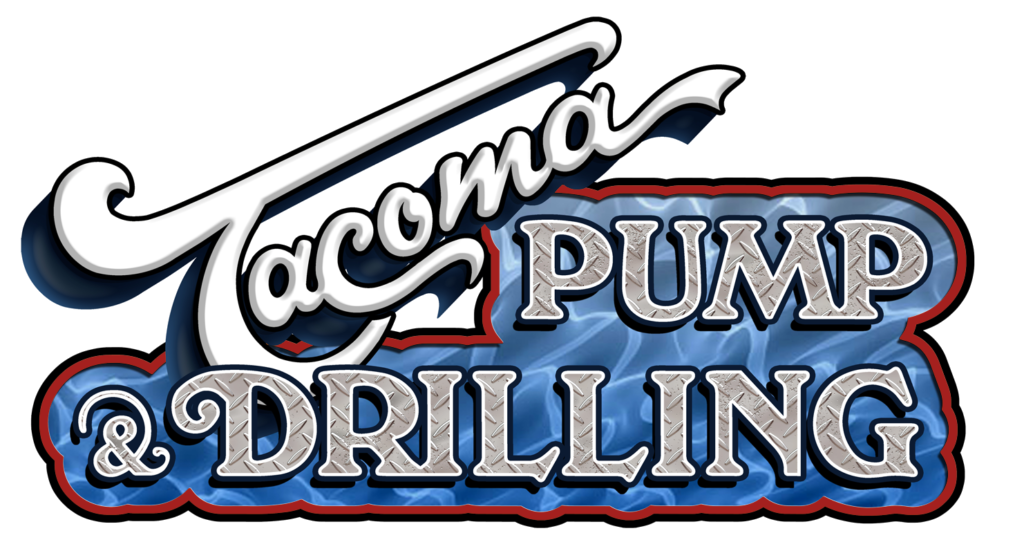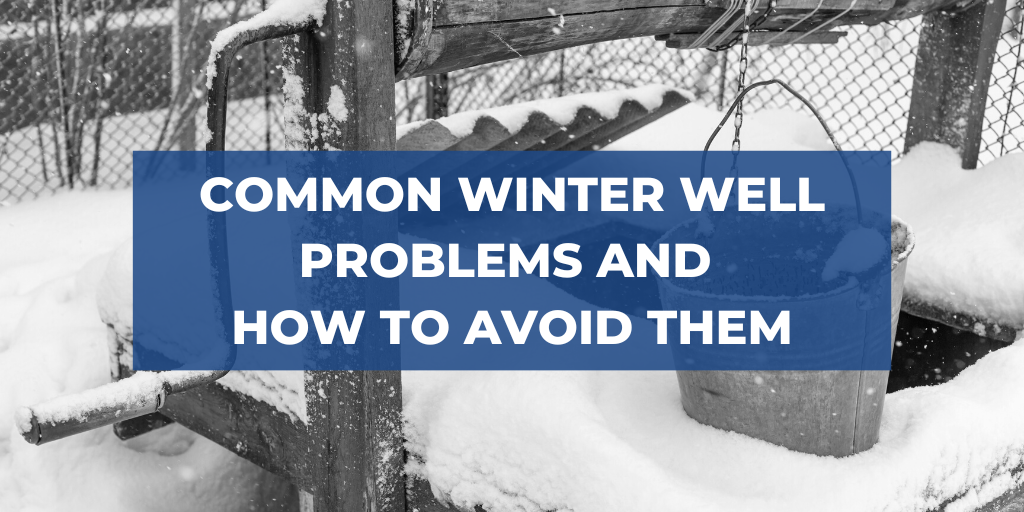Winter in the Pacific Northwest ranges from mild and rainy to freezing and snowy, depending on the elevation and unpredictable weather patterns. Whether you live at sea level or in the foothills of the Cascades, as soon as temperatures drop below freezing, every water well faces obstacles brought on by winter. If you are new to owning a well or simply want to get ahead of winter challenges, Tacoma Pump and Drilling is here to help. After 80+ years in the business, we understand that the best way to manage common winter well problems is knowing what to look for in advance.
Prepare Your Well for Winter
We’ve shared in the past about well water testing and maintenance. It is often thought that testing your well water in the late spring is the best practice for well owners. This allows you to test for contaminants caused by harsh winter conditions and spring snow melt and flooding.
However, when it comes to well maintenance, it is also a good idea to check your well equipment in the fall. This way, you know your pump, pipes, and well parts are in good working order before winter weather kicks in.
While Washington doesn’t always experience harsh winters (in comparison to some of our Midwest neighbors), we do still get cold snaps and the occasional winter storm. Because of this, many well owners find that fall and late spring well maintenance gives them peace of mind. That way, when common winter well problems do arise, they easily rule out some of the more frequent issues.
Four Common Winter Well Problems
These common winter well problems can impact your well whether you live in Western or Eastern Washington. While the east side of our state does experience colder winters, the west side also has unexpected cold snaps. Being prepared for anything is the best way to keep your well in great working condition.
Frozen Pipes
Many of your well parts and piping are underground, which helps protect them from freezing. However, any pipes that do run above ground must be properly insulated. This is especially true for small-diameter pipes, like those associated with your pressure switch.
If you are unsure whether your pipes are well insulated, speak with a local professional, such as a well pump maintenance specialist. Understanding how to keep your pipes from freezing helps protect you from burst pipes and unnecessary damage to your home and well system. Common materials used to insulate your pipes are foam sleeves, heat tape, and thermal blankets.
Other practices include keeping your heat turned on (at a lower temperature than normal) if you plan to be away from home. Other homeowners let taps very slowly drip cold water if the connected pipes are exposed. Just be sure to turn your tap off when the temperature increases.
Power Outages
This winter well problem is particularly prevalent in the Pacific Northwest. Winter storms wreak havoc on our power supply, especially when high winds bring down trees. There is a reason we’re called the evergreen state! Our abundant evergreen trees, while gorgeous, also pose some risks during winter storms.
How do power outages affect your well? While a power outage won’t damage your well, it does mean your pump stops working, cutting off your water supply. Many well owners choose to keep a generator on hand for this very reason. However, if using a generator is not an option, then it is always a good idea to keep bottled water on hand for just such an emergency.
Low Water Pressure
A loss in water pressure or water supply may mean that winter weather is to blame. Low water pressure can be caused by a clogged pump or damage to a well’s pressure tank. Fall debris such as leaves and dirt are often the main culprits in clogging a water pump.
If that doesn’t seem to be causing your low water pressure, then we recommend having a professional also check your pressure tank. Freezing temperatures can damage already weak or degrading parts. Doing a fall maintenance check, however, helps prevent this winter well problem from ever happening.
Pump Damage
Most pumps are installed below ground level, giving them added protection from freezing temperatures. However, for well pumps installed above ground, it is important to secure your equipment against winter weather. When pump damage does occur, a pump repair technician can help repair the damage, but also provide insight into ways to protect your pump in extreme weather conditions. Creating barriers against the cold—using tarps or a well house—make all the difference when it comes to protecting your equipment from common winter well problems.
Here for All Your Well Drilling Needs
Have further questions about your PNW water well? We have answers! As premier well drillers, we’ve been serving the Pacific Northwest for over 80 years. We’re happy to help with all of your well drilling needs.

